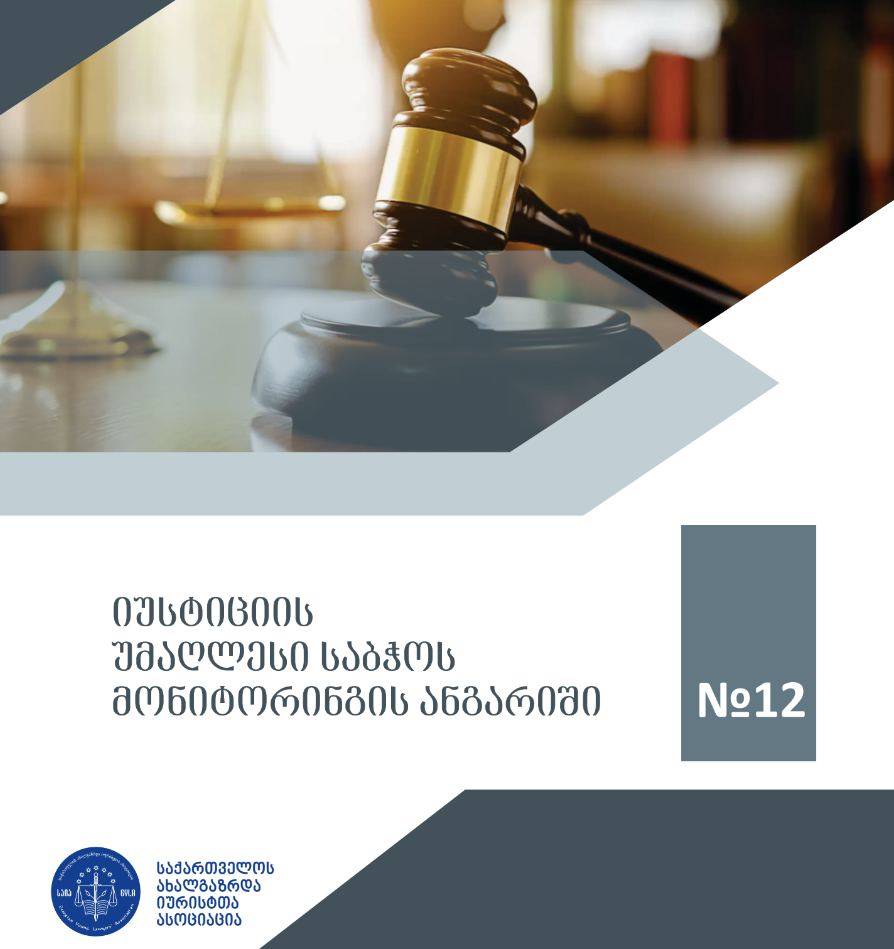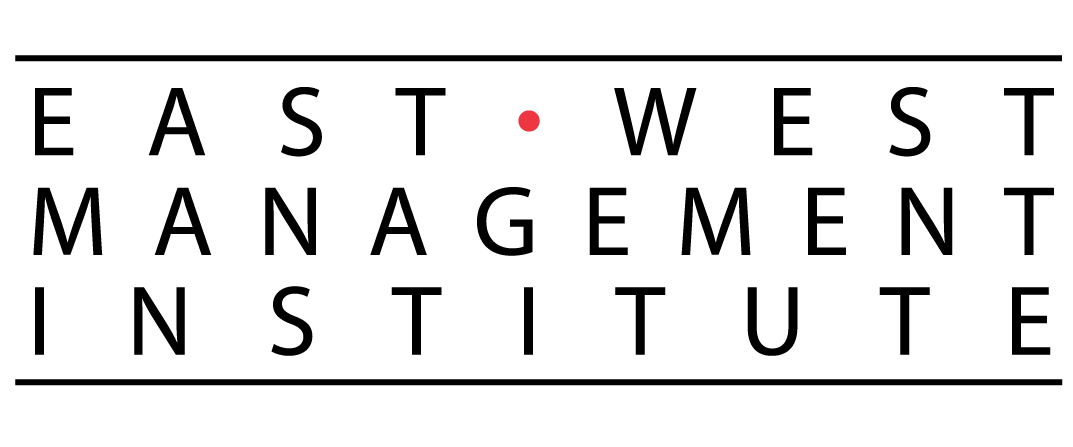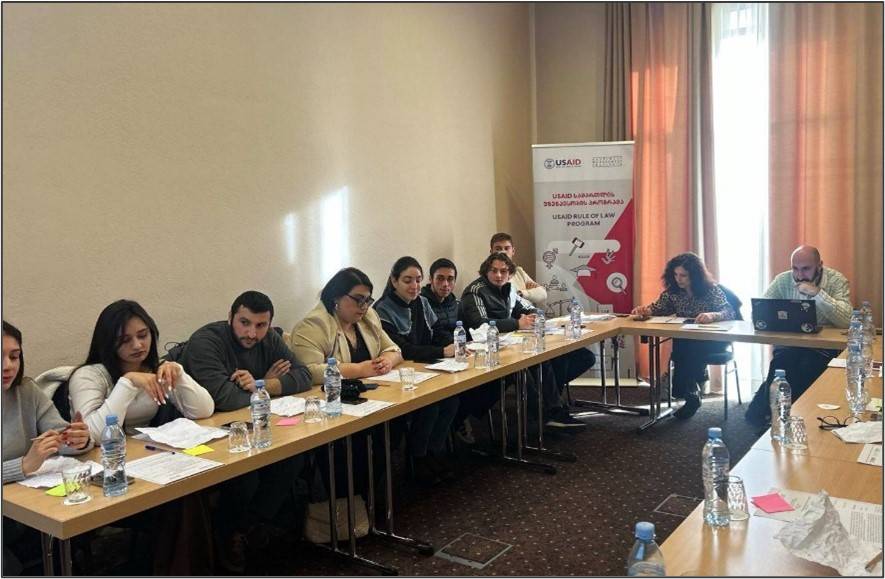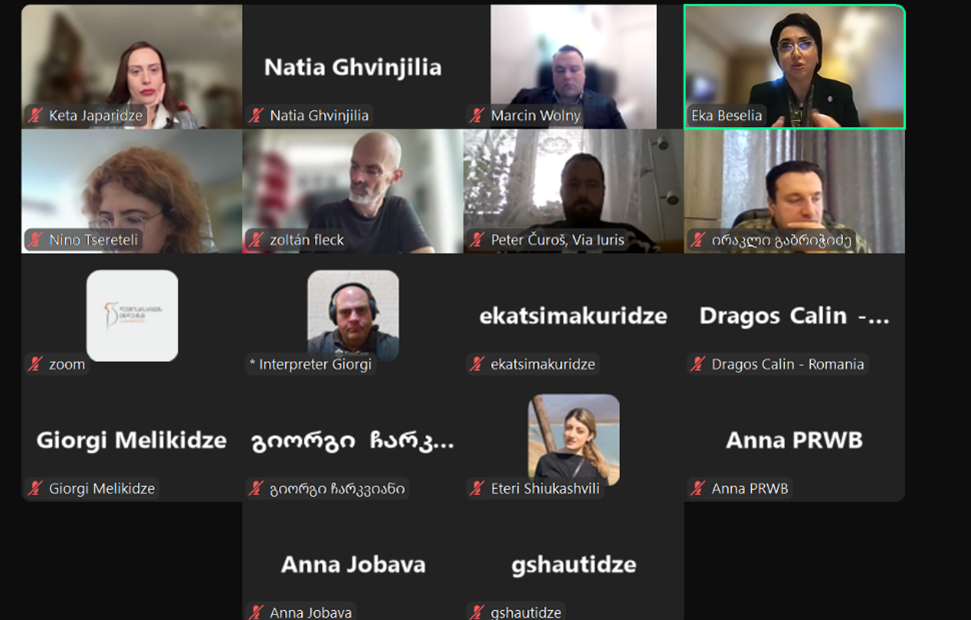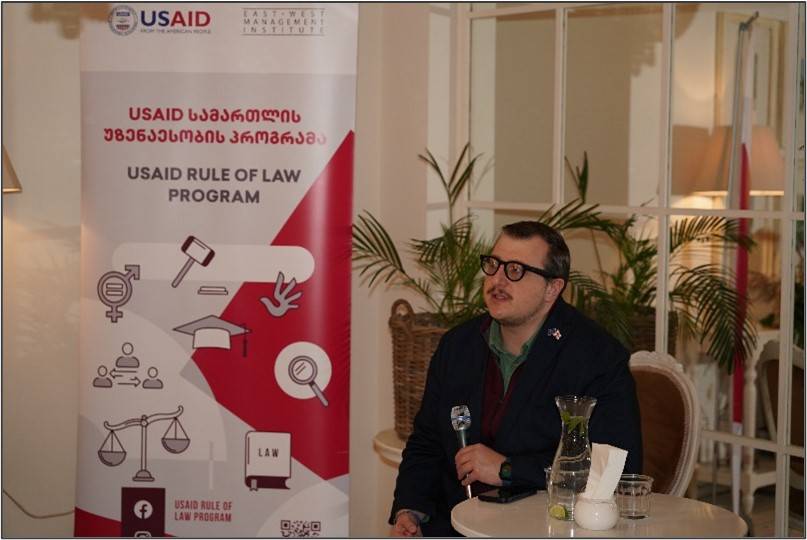GYLA's Monitoring Report Highlights Persistent Issues in Georgia's Judicial System
On July 9, 2024, the Georgian Young Lawyer's Association (GYLA) presented its Monitoring Report No. 12 on the High Council of Justice (HCoJ) at a press conference in Tbilisi. GYLA has been monitoring the work of the HCoJ since 2012. The event featured key speakers Nona Kurdovanidze, GYLA Chairwoman; Nanuka Kruashvili, Director of the Democratic Institutions Support Program at GYLA; and Nino Nozadze, Project Analyst at GYLA. Representatives from online and broadcast media attended the press conference.
Covering the period from January 1 to December 31, 2023, the report, prepared with the USAID Rule of Law Program support, sheds light on numerous issues within Georgia's judicial system, painting a troubling picture of its current state. One of the primary concerns highlighted in the report is the entrenched "clan-based governance" within the HCoJ. Despite Parliament’s election of non-judge members to the Council after a two-year delay, these members have only bolstered the influence of an already powerful group, rather than promoting pluralism. This has led to Council sessions being conducted without any debates or dissenting opinions, reflecting a lack of democratic discourse and transparency.
The report also addresses the European Commission's recommendations for comprehensive reform of Georgia's justice system. However, it notes that all legislative changes implemented thus far have been superficial and have failed to address the underlying challenges. This highlights a significant gap between the Commission's recommendations and their execution.
Another critical issue outlined in the report is the backlog of cases and numerous judicial vacancies. In 2023, the HCoJ did not announce any competitions for judges in the first and second instance courts, despite the pressing need. The Council's control over the appointment and distribution of judicial personnel serves as a primary mechanism for maintaining control over the system, hindering necessary reforms and improvements.
A persistent problem within the Council is the so-called quota of court chairpersons. During the reporting period, half of the elected Council members also held positions as chairpersons of collegiums or chambers, further entrenching the influence of a select few within the judiciary. Additionally, disciplinary proceedings within the HCoJ have been significantly delayed. Despite numerous complaints, particularly regarding case delays, the Council held only one disciplinary session during the reporting period. This lack of effective disciplinary action serves as a lever of pressure on individual judges, undermining their independence.
The report also highlights a dramatic deterioration in the accessibility of public information. The HCoJ has become a completely closed agency, with GYLA not receiving responses to any of the eight letters it sent to the Council in 2023 requesting public information. This lack of transparency further complicates efforts to hold the judiciary accountable.
